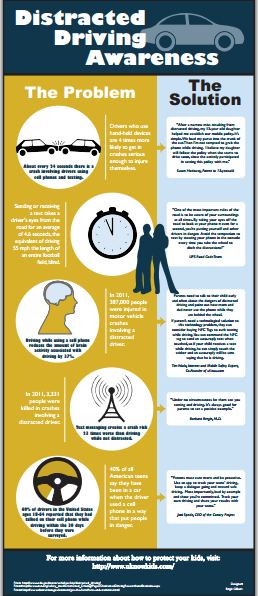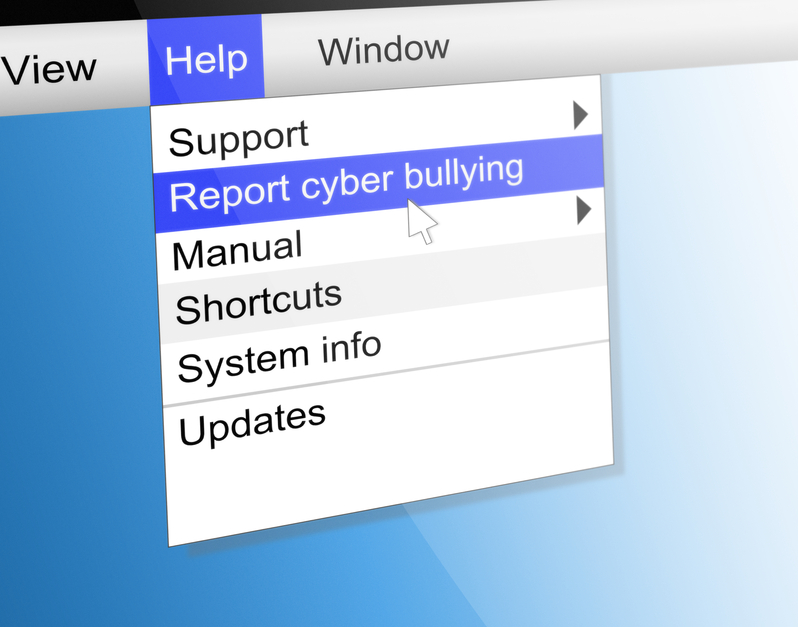As part of our digital parenting and Distracted Driving Awareness Month blog series, we are featuring a post by Next Step Academy, the online school for life skills. They are offering a free distracted driving course that everyone should take! Read on to learn more and learn some shocking statistics. Free Distracted Driving Course
You may remember that feeling when you first sat behind the wheel of a car – nerves take over, senses heighten, and we wonder how we will ever figure it all out. Driving demands a lot from the person behind the wheel, and it can be overwhelming to any first-timer.
A new driver must immediately figure out how to maintain focus and control, and in the beginning, it can seem impossible that we might ever be able to do anything other than grip the wheel; but at some point, we get comfortable. We forget the fear that once gripped us when we first gripped that wheel, and foolishly, we add tasks to our drive in addition to keeping our eyes on the road and our hands perfectly positioned at “10 and 2.”



















.jpg)
